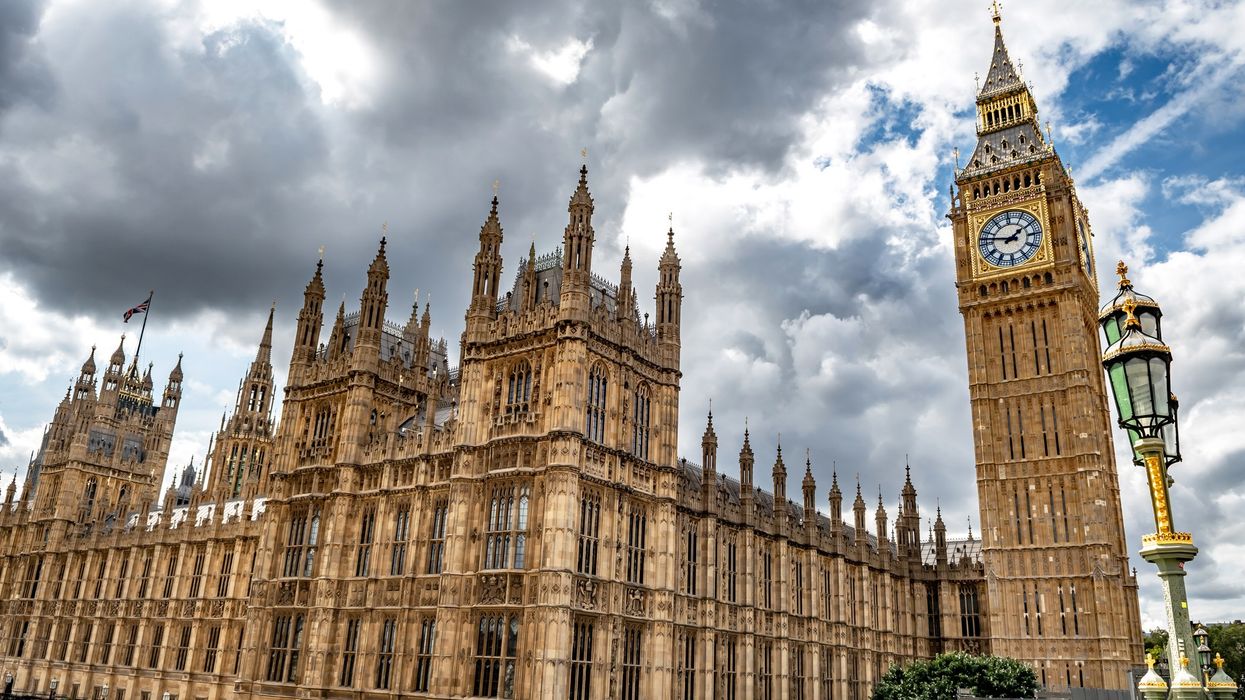The announcement by the US drugmaker Merck, known as MSD in Europe, to scrap its plan to invest £1 billion in the UK was discussed in Parliament, with The Earl of Effingham raising an urgent question in the House of Lords on Thursday (11).
He wanted to know the government's assessment of the impact on jobs and growth in the wake of MSD's decision to cancel its plans.
Expressing sympathy for 126 employees who would lose their jobs due to the US drugmaker's decision, minister of state for science, Patrick J Vallance, said, this move is part of MSD's efforts to optimise its resources.
He pointed out that MSD had announced in July that it would cut $3 billion per year by 2027 and that 6,000 jobs would go worldwide.
"MSD continues to employ over 1,600 staff in the UK across other operations, including more than 40 collaborative working agreements with the NHS, the Our Future Health project and UK clinical trials. We will continue to work with the sector to unlock growth."
Earl of Effingham then brought to notice MSD's statement that the UK is “not making meaningful progress towards addressing the lack of investment in the life science industry,” and sought the minister's response.
The minister said the decrease in funding for the life sciences sector, in terms of NHS purchasing of medicines, started in 2015 and his government is trying to reverse it.
"It has not been a good position. We are reversing that now with the Life Sciences Sector Plan to make sure there is proper investment. Some £2 billion is going in as part of that plan, and £500 million has already gone in for a manufacturing investment fund and £600 million for a health data research service. The changes we are making will continue to make this a place where people want to invest, but I reiterate that the loss of those jobs and the Merck research centre as part of its global cuts is very disappointing," he said.
Liberal Democrat peer Lord Clement Jones pointed out that many other pharma companies are also moving out of the UK and blamed it on some of the government policies, including the 2024 Voluntary Scheme for Branded Medicines Pricing and Access (VPAG).
"A narrative is developing: AstraZeneca is relocating to Ireland; the health secretary walked out of talks with the industry in August on the voluntary pricing scheme for branded medicines; and now we are seeing this cancellation by Merck.
"Does this not call into question the whole of the Government’s VPAG policy, which has seen payback rates for new medicines unexpectedly surge to 22.9% in 2025? What are the Irish doing right that this Government should emulate?"
The minister said the VPAG scheme was negotiated under the previous Government, and turned out with a figure of 23 percent, which was completely unexpected on both sides.
"The industry entered the scheme jointly with the government, negotiated it and that is the number it came up with. We have been trying to negotiate a better position so that the industry gets more from that and is not hit with 23 percent. That is the deal going on at the moment. We are trying to make the environment better for companies and to rectify something that ended up in the wrong place," the minister added.
Answering a later query by Baroness Jones of Whitchurch of the Labour Party, the minister highlighted some of the investments being made by other pharma companies.
"Moderna has invested £1 billion in the UK, and BioNTech has invested £2 billion in the Toggle showing location of Column 1645UK. There is significant growth going on in Isomorphic Labs, one of the latest companies doing AI drug design. There are numerous examples of companies that are investing. We have a Life Sciences Sector Plan that has been welcomed by industry, and we know that as part of that the commercial environment for medicines in the UK needs to be improved," he said












